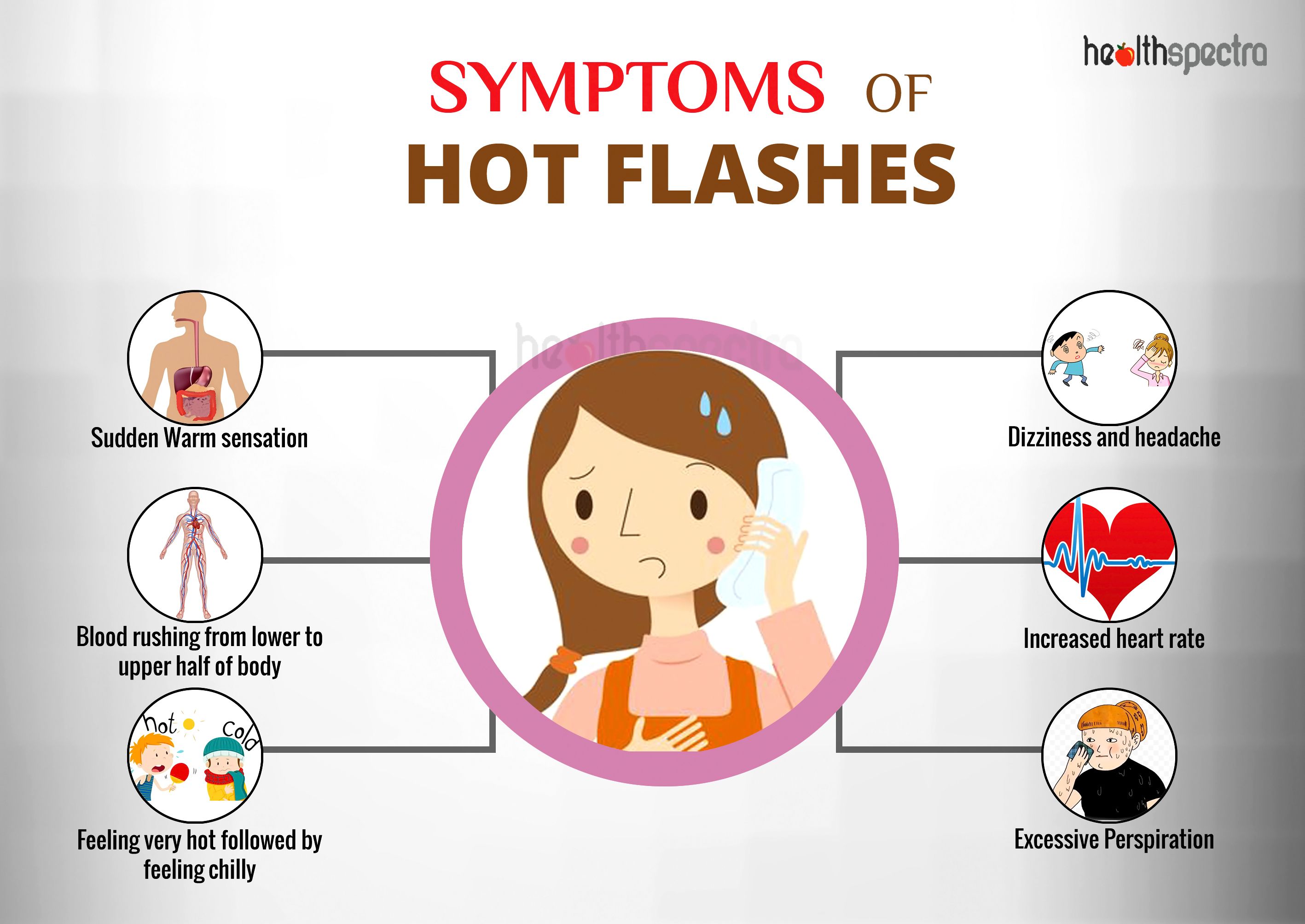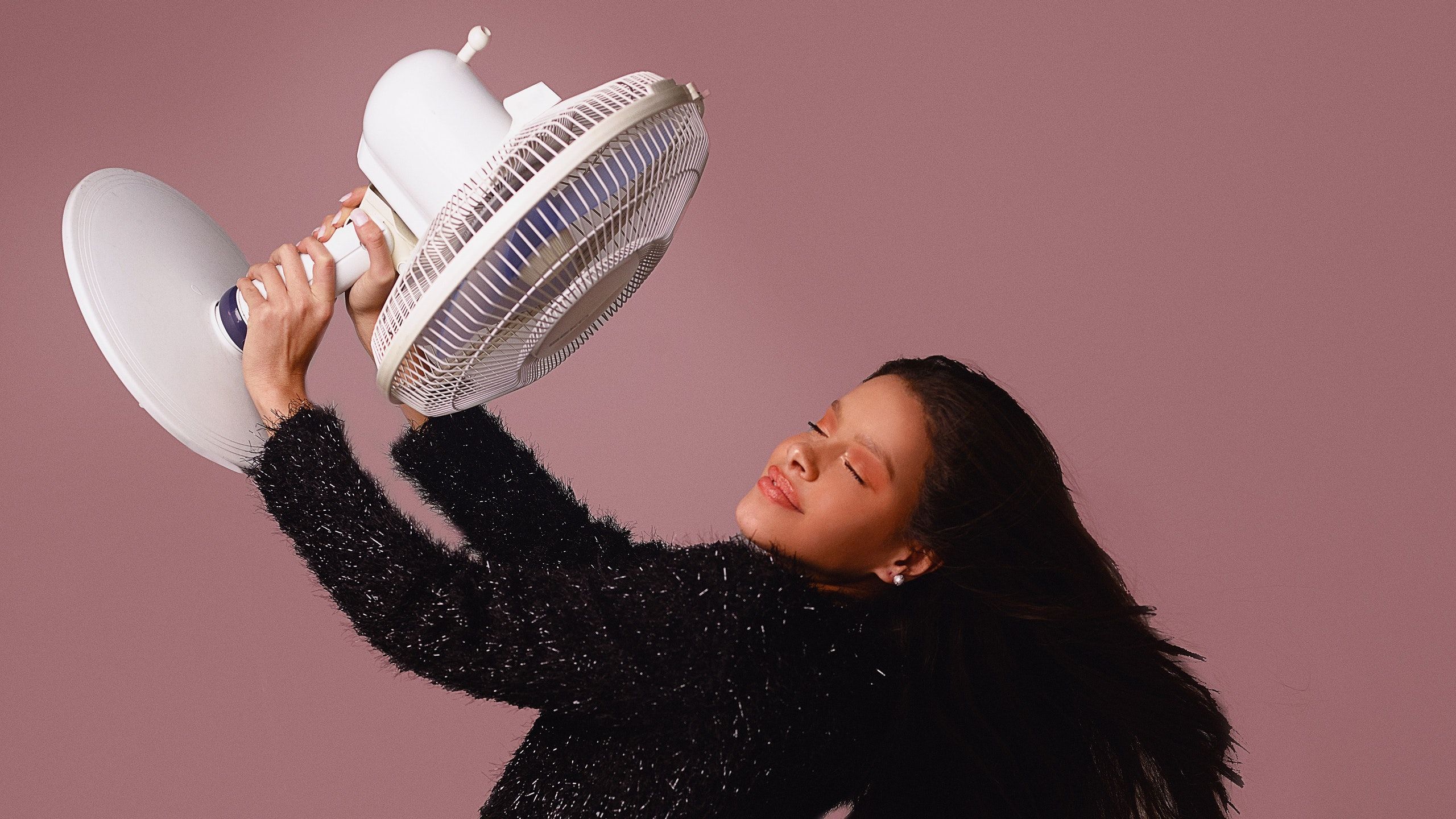What to use for hot flashes – When hot flashes strike, finding effective remedies is crucial. This comprehensive guide explores various options, from natural solutions to prescription medications, empowering you to manage these uncomfortable symptoms.
Delving into the topic of hot flashes, we’ll uncover the underlying causes, discuss the effectiveness of different remedies, and provide practical tips to alleviate their impact on your well-being.
Natural Remedies
Natural remedies offer a gentler approach to managing hot flashes, often without the side effects associated with hormone therapy. Herbal supplements, dietary modifications, and lifestyle changes can provide significant relief.
Herbal Supplements
Several herbal supplements have shown promise in reducing hot flashes. Black cohosh, red clover, and chasteberry are commonly used. Black cohosh may help reduce the frequency and severity of hot flashes, while red clover contains isoflavones that mimic estrogen, potentially alleviating symptoms.
Chasteberry may regulate hormone levels, providing relief from hot flashes and other menopausal symptoms.
Dietary Changes
Dietary changes can also alleviate hot flashes. Reducing caffeine and alcohol intake can help, as these substances can trigger or worsen symptoms. Eating a healthy diet rich in fruits, vegetables, and whole grains can provide essential nutrients and antioxidants that support overall well-being.
Lifestyle Modifications, What to use for hot flashes
Lifestyle modifications can significantly impact hot flash severity. Stress management techniques, such as yoga, meditation, or deep breathing exercises, can help reduce stress levels, which can contribute to hot flashes. Regular exercise can improve circulation, boost mood, and reduce the frequency and intensity of hot flashes.
Over-the-Counter Medications

Over-the-counter medications can provide temporary relief from hot flashes. These medications include aspirin, ibuprofen, and acetaminophen. It is important to consult a healthcare professional before taking any over-the-counter medications to discuss potential side effects and interactions with other medications.
Aspirin
Aspirin is a nonsteroidal anti-inflammatory drug (NSAID) that can be used to reduce fever and pain. It is also effective in reducing hot flashes. Aspirin can cause side effects such as stomach upset, nausea, and vomiting. It is not recommended for people with a history of stomach ulcers or bleeding disorders.
Ibuprofen
Ibuprofen is another NSAID that can be used to reduce fever and pain. It is also effective in reducing hot flashes. Ibuprofen can cause side effects such as stomach upset, nausea, and vomiting. It is not recommended for people with a history of stomach ulcers or bleeding disorders.
Acetaminophen
Acetaminophen is a pain reliever that can be used to reduce fever and pain. It is not as effective as aspirin or ibuprofen in reducing hot flashes. Acetaminophen can cause side effects such as liver damage if taken in high doses.
| Medication | Effectiveness | Dosage | Cost |
|---|---|---|---|
| Aspirin | Moderate | 325-650 mg every 4-6 hours | $5-$10 per bottle |
| Ibuprofen | Moderate | 200-400 mg every 4-6 hours | $5-$10 per bottle |
| Acetaminophen | Mild | 500-1000 mg every 4-6 hours | $5-$10 per bottle |
Prescription Medications: What To Use For Hot Flashes

Prescription medications are another option for managing hot flashes. These medications work by regulating hormone levels, reducing nerve activity, or blocking the effects of certain hormones.
Hormone Replacement Therapy (HRT)
HRT involves taking synthetic hormones, such as estrogen or progesterone, to replace the hormones that the body stops producing during menopause. HRT can be effective in reducing hot flashes, but it may also increase the risk of certain health conditions, such as breast cancer and blood clots.
Antidepressants
Certain antidepressants, such as selective serotonin reuptake inhibitors (SSRIs) and serotonin-norepinephrine reuptake inhibitors (SNRIs), have been found to be effective in reducing hot flashes. These medications work by increasing the levels of serotonin and norepinephrine in the brain, which can help to regulate mood and reduce hot flashes.
Anticonvulsants
Anticonvulsants, such as gabapentin and pregabalin, have also been shown to be effective in reducing hot flashes. These medications work by reducing nerve activity in the brain, which can help to prevent hot flashes.
It is important to note that prescription medications should only be taken under the supervision of a healthcare professional. Your doctor will discuss the benefits and risks of each type of medication and help you choose the best option for your individual needs.
Alternative Therapies

Alternative therapies are gaining popularity as complementary treatments for hot flashes. These therapies aim to reduce symptoms naturally and holistically, often by promoting relaxation and balancing the body’s systems.
Acupuncture
Acupuncture is a traditional Chinese medicine technique that involves inserting thin needles into specific points on the body. Research suggests that acupuncture may reduce hot flash frequency and severity. A study published in the journal Menopause found that women who received acupuncture experienced a significant decrease in hot flashes compared to those who received a placebo treatment.
Massage Therapy
Massage therapy involves the manipulation of soft tissues to promote relaxation and reduce stress. Massage may help reduce hot flashes by improving circulation, reducing muscle tension, and promoting relaxation. A study published in the journal Integrative Medicine found that massage therapy was effective in reducing hot flash severity and improving sleep quality in postmenopausal women.
Yoga
Yoga is a mind-body practice that combines physical poses, breathing exercises, and meditation. Yoga may help reduce hot flashes by promoting relaxation, reducing stress, and improving overall well-being. A study published in the journal Complementary Therapies in Medicine found that yoga was effective in reducing hot flash frequency and severity in women undergoing chemotherapy.
It’s important to note that the effectiveness of alternative therapies for hot flashes may vary from person to person. It’s recommended to consult with a qualified healthcare practitioner before starting any alternative therapy to ensure its safety and suitability for your individual needs.
Lifestyle Modifications

Lifestyle modifications play a significant role in managing hot flashes. Maintaining a healthy weight, getting enough sleep, and effectively managing stress can help reduce the severity and frequency of these episodes.
Obesity can worsen hot flashes, as excess weight insulates the body and makes it harder to cool down. Aiming for a healthy weight through balanced nutrition and regular exercise can alleviate this issue.
Sleep Hygiene
Sleep deprivation can intensify hot flashes. Establishing good sleep hygiene habits is crucial. Ensure a regular sleep-wake cycle, even on weekends. Create a relaxing bedtime routine, such as taking a warm bath or reading a book. Optimize your sleep environment by making sure your bedroom is dark, quiet, and cool.
Stress Management
Stress can trigger hot flashes. Engaging in stress-reducing activities like yoga, meditation, or deep breathing exercises can help manage stress levels. Consider seeking professional help from a therapist if needed.
Final Review
Navigating hot flashes can be challenging, but with the knowledge and strategies Artikeld in this guide, you can find relief and regain control over your comfort. Remember, every individual responds differently to various remedies, so consult with a healthcare professional to determine the most suitable options for your specific needs.
Detailed FAQs
What are the most effective natural remedies for hot flashes?
Black cohosh, red clover, and chasteberry have shown promising results in reducing hot flash severity and frequency.
Can over-the-counter medications help with hot flashes?
Aspirin, ibuprofen, and acetaminophen can provide temporary relief from hot flashes, but consult a doctor before prolonged use.
What are the potential risks associated with prescription medications for hot flashes?
Hormone replacement therapy, antidepressants, and anticonvulsants may have side effects, so it’s essential to discuss the benefits and risks with a healthcare professional.